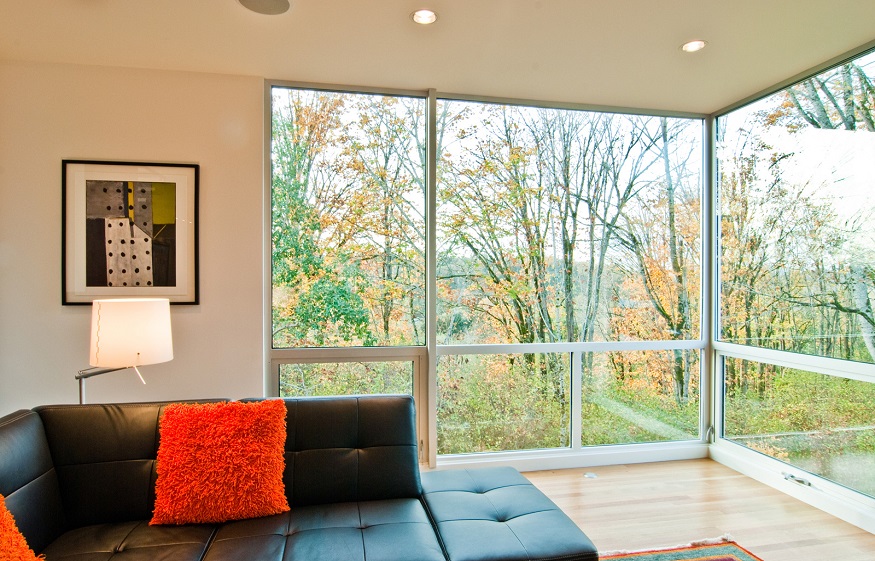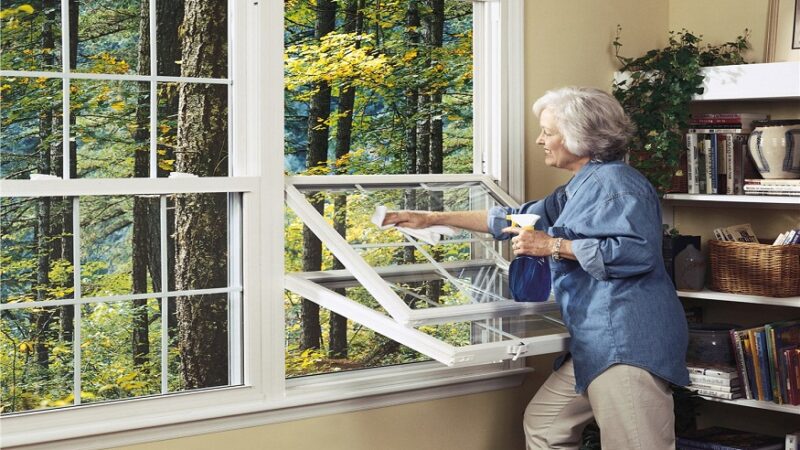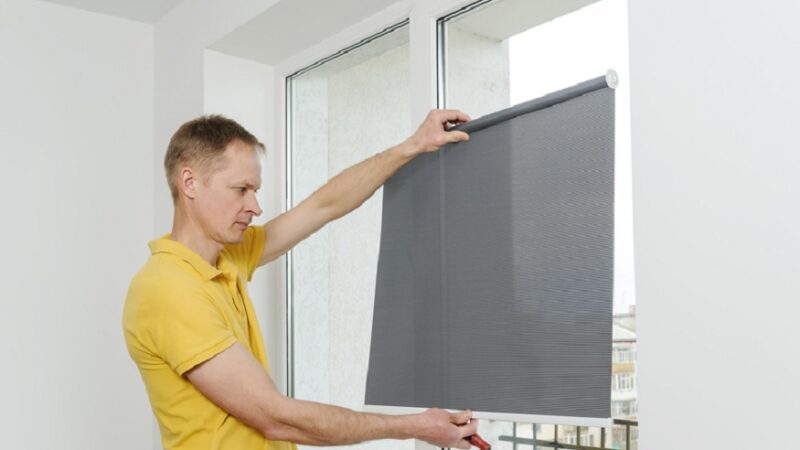How Much of a Difference Do Energy-Efficient Windows Make?

As summer or winter rolls in and HVAC systems kick into full force, homeowners often are left wondering what they can do to lower their monthly energy bills. Energy-efficient windows are lauded as a strong solution to high energy bills due to heating or cooling, but just how much do they measure up? Can a replacement from a window contractor save money in the long run? Here are the facts on energy-efficient windows and what they can do for you.
What Makes Windows Energy-Efficient?
You’ll often find ENERGY STAR’s approval on products, including particular models of windows and Security Doors, as “energy efficient”. While this status doesn’t depend on specific technologies so much as meeting a set of standards in performance, some key aspects are common to many energy-efficient windows.
- A durable frame with good thermal resistance contributes greatly, whether hollow or filled with foam insulation. Some effective materials include vinyl, aluminum, wood and fiberglass.
- Multiple panes of glass are preferable for improved thermal resistance and sound insulation, with non-metallic edge spacers maintaining the correct distance. The gap may also be filled with argon or krypton—the noble gases demonstrate better insulating properties than normal air while remaining odorless and colorless.
- Low-E glass coatings reflect infrared and ultraviolet light while staying transparent to visible light. This also protects furniture from fading caused by UV radiation.
Do Energy-Efficient Windows Pay Themselves Off?
It’s widely accepted that energy bills will go down when switching from single-pane to double-pane windows; as much as 25% of residential heating/cooling energy usage comes from drafty windows leaking heat. Windows themselves, however, also cost quite a bit to have installed—potentially up to $1000 per replacement window, plus labor. Federal tax credits for using ENERGY STAR windows can cover a portion of this, but whether or not the savings on energy bills will make up for it depends largely on what windows you’re upgrading from. If the windows are fairly modern and still functional without leaks, a full replacement might be going overboard. Consider other insulation improvements in your house, or at least ways to increase the effectiveness of insulation around your windows without having to replace them. If your windows need replacing anyway, though, spring for an energy-efficient model suited to your climate.
Read more: The Importance Of Window FurnishingsEnergy-efficient windows, though they do have their share of innovations to keep heat where it should be, don’t make for a full solution to your monthly energy bills. Keep your budget in mind and consider home insulation from a broader perspective. An upgrade is wise if you’re in an older home, though.






